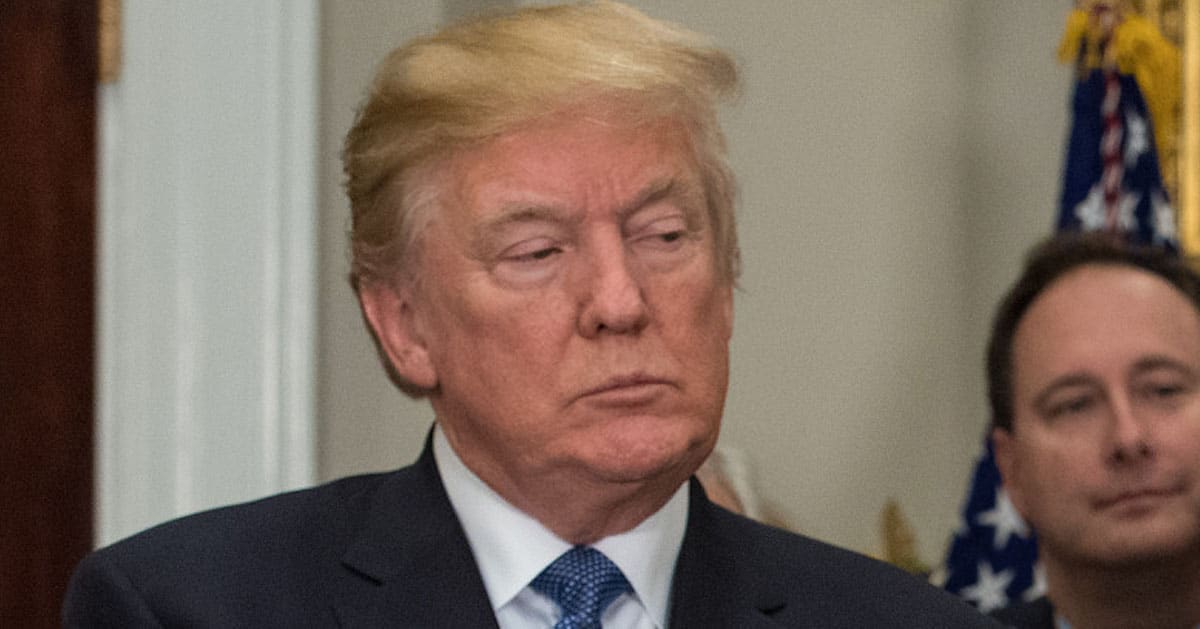



Donald Trump's recent visit to a Philadelphia McDonald's, where he donned an apron and worked behind the counter, is facing criticism from Minnesota Gov. Tim Walz.
Trump engaged with customers, learned to make french fries, and even took drive-through orders during his stop. Breitbart reported that Walz took the opportunity to highlight Vice President Kamala Harris’s unverified claims of having worked at a McDonald’s and to critique Trump's record on labor rights.
The unusual visit saw Trump stepping into the realm of fast food service, as a video soon circulated showing him in an apron interacting with customers.
Among the patrons were individuals expressing their gratitude, including a husband and wife who thanked Trump for his service and said they were praying for him.
Another customer, originally from Brazil, took the chance to express concerns about the U.S. possibly mirroring Brazilian economic conditions. To this, Trump responded confidently, promising improvements.
Governor Walz capitalized on the publicity of Trump's visit by voicing concerns over the former president's alleged past actions regarding labor policies.
In a statement, Walz claimed Trump had a history of not paying workers appropriately, reducing overtime benefits, and resisting increases in the minimum wage. "This guy spent decades stiffing workers pay," Walz claimed, referencing unproven allegations against Trump.
Walz simultaneously referenced Harris in his discourse, highlighting her claims to have worked at McDonald's years ago.
Harris has claimed on several occasions, most notably during her 2019 presidential campaign, that she worked at a McDonald's during her student years. These claims appear to be fake as several entities have investigated this claim and found no evidence of Harris's claims.
A report from the Washington Free Beacon highlighted a lack of verifiable records supporting Harris's employment claims at McDonald’s. Despite her assertions, there is no documentation in her books, career materials, or public disclosures from before 2019 to back up the story.
Harris's narrative of her McDonald's stint first emerged during her 2019 campaign and was reiterated in various interviews, such as with Drew Barrymore.
During these conversations, Harris recounted, "I did fries. I did fries, and then I did the cashier." This personal history has often been positioned as a cornerstone of her middle-class upbringing and work experience.
Yet the scrutiny over her claims continued when Harris's campaign even featured an ad in August drawing on this aspect of her past. The message in the ad sought to portray her as a champion for labor rights, building on her self-proclaimed roots in fast food.
Criticism of Trump's visit was not limited to Walz. MSNBC host Alex Witt and California Rep. Barbara Lee also entered the conversation. Lee, for instance, questioned the logic behind Trump's actions, further fueling the public discourse.
The McDonald's visit elicited a range of reactions, fueled partly by the emotional responses from the individuals Trump engaged with. One drive-through customer took the opportunity to thank Trump for making himself accessible to the public, expressing a sense of relief that they could meet him in such a setting.
Meanwhile, the wife added a rather dramatic note by thanking Trump for metaphorically "taking the bullet" for the ordinary people. Such exchanges were indicative of how varied public perceptions surrounding Trump's appearances remain.
Despite varying opinions, Trump maintained a consistent message of reassurance during his time behind the counter. His engagement with the Brazilian customer, in particular, showcased a commitment to improving conditions in the U.S., promising that things would improve.
The political undertones of the responses to Trump's fast-food venture illustrate the continued contention in American political discourse. By highlighting Harris's purported work experience in fast food, Walz crafted a narrative contrasting the vice president's labor advocacy against Trump's criticized labor policies.
While Harris's verifiable claims remain inconclusive, the political leveraging of such narratives emphasizes the polarizing nature of even seemingly trivial events. Through a fast-food backdrop, the broader dialogue on worker rights and political accountability took center stage once more, reminding the public of the persistent and diverse challenges within the American political landscape.



